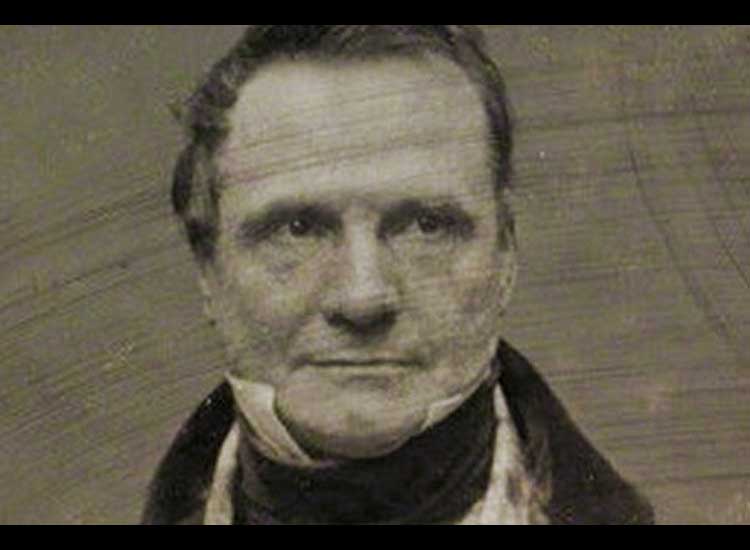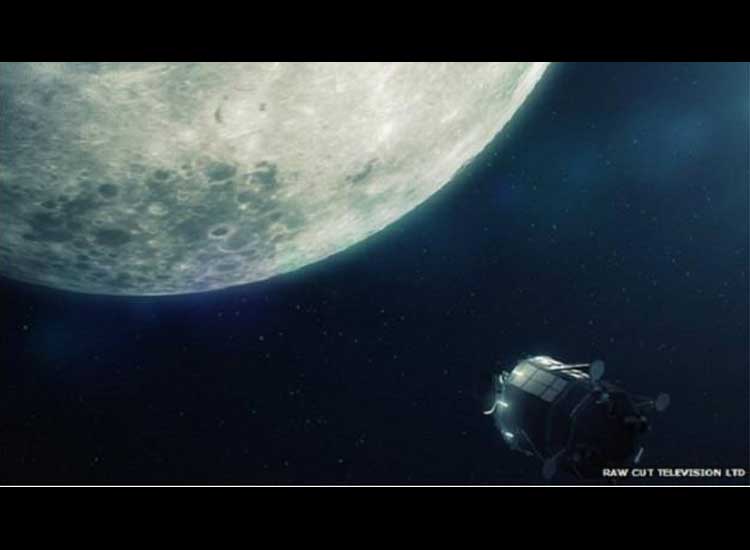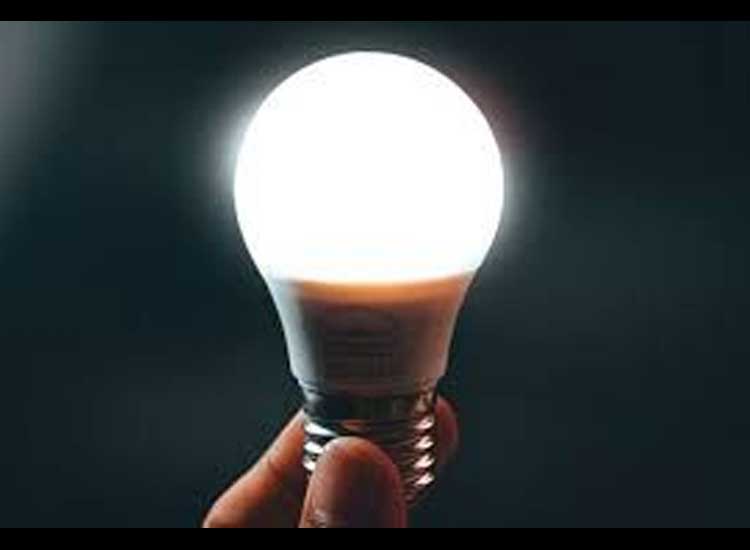Charles Babbage, computer inventor whose brain was kept in London – Computers have a long history and journey before they finally took on a more modern form like today.
Computers have developed over time.
According to history, computers have gone through at least five generations of development.
In the beginning, computers reached thousands of feet high. Now, computers are very compact and easy to carry everywhere and are called laptops.
So, who invented the computer ? He is Charles Babbage . The following is a biography of the inventor of the computer.
Charles Babbage’s Education
The inventor of the computer is Charles Babbage.
Babbage is called the inventor of the computer because he was the first person to design a device that resembled a modern computer machine.
Charles Babbage was born in London, England, on December 26, 1791.
He was the son of Benjamin Babbage and Betsy Plumleigh Teape.
Benjamin Babbage was one of William Praed’s banking partners who was founded in 1801 in London.
Seven years later, in 1808, Babbage and his family moved to an old house in Rowdens in East Teignmouth.
When Charles Babbage was only eight years old, he suffered from a serious fever.
In fact, it is said that his illness almost took Babbage’s life.
Due to his very poor health, Babbage was forced to receive his education from home.
Even so, Babbage attended King Edward VI Grammar School in South Devon, England.
As time went by, after Babbage recovered from his illness, he was finally able to return to school normally at Holmwood Academy, Middlesex, England.
It was at this school that Babbage first discovered his love of mathematics.
In 1810, after graduating from the academy, Babbage continued his education at Cambridge University.
While studying at Cambridge, Charles Babbage continued to deepen his knowledge of mathematics until he graduated in 1814 with the title of best mathematics student.
After graduating, in 1815, Babbage was asked to lecture at the Royal Institution on astronomy.
One year working there was enough to make Babbage a fellow of the Royal Society in 1816.
The Royal Society is a wealthy independent scientific and academic organization in England.
Start designing computer devices
Entering the 1820s, Charles Babbage became interested in calculating machines.
At that time, calculations using mathematical tables were often wrong.
This is what then triggered Babbage to want to develop mechanical calculations so as to minimize errors.
Babbage got inspiration from Wilhelm Schickard, Blaise Pascal, and Gottfried Leibniz who created a calculating tool called the abacus or abacus.
This abacus or abacus is usually used to calculate trade transactions.
Starting from there, Babbage got the idea to create a machine called the Difference Engine, a machine capable of compiling mathematical tables in 1821.
After developing his machine until 1832, Charles Babbage came up with a much better idea.
The machine that Babbage created was not only capable of doing one type of arithmetic, so it is called the forerunner of modern computers.
This machine was named the Analytical Engine which was developed in 1856.
The Analytical Engine already has the characteristics of a modern computer.
What this means is that this machine uses a punched card, which is a memory slot that functions to enter numbers and several other basic computer components.
Thanks to his creation of this sophisticated machine, Charles Babbage is called the inventor of the computer.
He also received the title of The Lucasian Chair of Mathematics , the most prestigious mathematics professorship in the world.
Die
Charles Babbage died on October 18, 1871, at the age of 79.
According to history, Babbage died due to kidney failure due to cystitis, which is a condition when the bladder becomes inflamed.
His remains were interred in London’s Kensal Green Cemetery, England.
Thanks to his intelligence, half of Babbage’s brain is kept in the Hunterian Museum at the Royal College of Surgeons in London.
Meanwhile, the other half of the brain is on display at the Science Museum, London.
Link Terkait :





